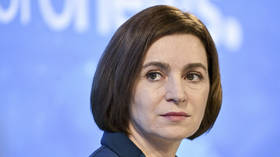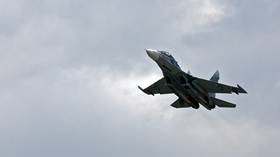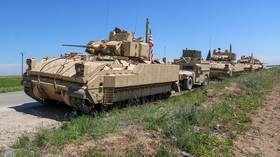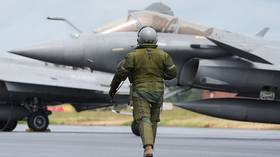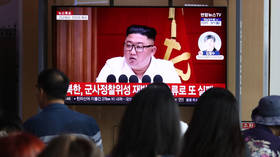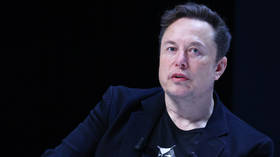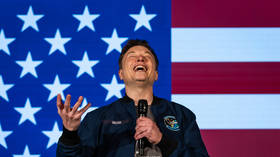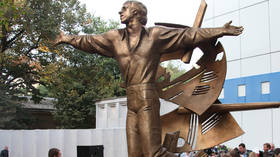European state's neutrality at risk amid NATO proxy war – ex-leader
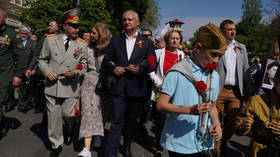
Moldovan President Maia Sandu has put the former Soviet republic at risk of turning into “cannon fodder” in NATO’s proxy war with Russia by failing to remain neutral over the conflict in neighboring Ukraine, her predecessor said on Saturday.
“Maia Sandu continues to draw Moldova into NATO – contrary to the neutrality prescribed in the Constitution and the will of the Moldovan people, who are categorically against joining this military structure,” ex-President Igor Dodon claimed in a Telegram post. He made his comments in response to Sandu’s statement on Friday that her government was seriously considering joining a “larger alliance” amid Russia’s military operation in Ukraine.
Abandoning military neutrality would be “dangerous” for Moldova, said Dodon, who served as president from 2016 until Sandu defeated him in the country’s 2020 election. The nation of just 2.6 million people consistently ranks among the poorest countries in Europe and has maintained a delicate peace with its breakaway Transnistria region since agreeing to a 1992 ceasefire, brokered by Moscow.
Dodon said Sandu made her statement after meeting in Davos with Alexander Soros, son of Hungarian-born billionaire George Soros, “who brought her to power.” He added, “Obviously, Sandu is implementing his scenario in Moldova, and joining NATO is one of his points.”
Although Moldova isn’t yet a member of NATO, it has cooperated with the Western military bloc, such as when it sent peacekeeping troops to Kosovo. Moldovan Foreign Minister Nicu Popescu attended a NATO summit in Bucharest last November, marking the first time that Chisinau sent a representative to a meeting of the bloc. At the time, Popescu reportedly said that joining NATO was out of the question because of the neutrality provision in Moldova’s Constitution.
By apparently changing that stance, Sandu is “acting on the orders of overseas masters, against the interests of the country and the people, against the sovereignty, territorial integrity of Moldova,” Dodon said. “Our citizens want to maintain neutrality and peace, as evidenced by the results of numerous public opinion polls, and they will never agree to become cannon fodder for NATO in the fight against Russia.”
Moscow has blamed NATO’s eastward expansion – contrary to promises made after the Cold War ended in 1991 – for undermining Russia’s security interests, helping to trigger the current conflict.
